The Ultra-Processed Food Conundrum: Experts Struggle to Define Them
In a significant development, the Trump administration is working on a definition of ultra-processed foods to guide federal policy and consumer choices. This move comes as the majority of foods sold in U.S. grocery stores are considered ultra-processed, with some nutritionists arguing that not all of them are unhealthy. The American diet, which is dominated by these foods, is a major contributor to the chronic disease epidemic.
According to a recent survey, the majority of U.S. shoppers are trying to avoid ultra-processed foods, which has significant implications for the food industry. The survey found that 60% of shoppers are actively trying to limit their consumption of these foods, while 40% are trying to avoid them altogether. This shift in consumer behavior is expected to impact the sales of food companies that rely heavily on ultra-processed products.
The food industry is a massive market, with the global value of the packaged food market projected to reach $1.3 trillion by 2025. In the United States alone, the packaged food market is valued at over $700 billion. The majority of these sales come from ultra-processed foods, which include products such as frozen meals, snack foods, and sugary drinks.
The definition of ultra-processed foods is a contentious issue among experts. Some define them as foods that are highly processed and contain a long list of ingredients, while others argue that the term is too broad and encompasses a wide range of products. Nutritionists such as Marion Nestle, a prominent advocate for healthier eating, argue that not all ultra-processed foods are unhealthy and that some can be part of a balanced diet.
The California ban on certain ultra-processed foods from school lunches is a significant development in the ongoing debate. The ban, which was signed into law last month, is expected to impact the sales of food companies that supply schools with ultra-processed products. The Trump administration's definition of ultra-processed foods is expected to have a broader impact on the food industry, with some companies potentially facing increased scrutiny and regulation.
The future outlook for the food industry is uncertain, with the Trump administration's definition of ultra-processed foods expected to have a significant impact on consumer choices and sales. Companies that rely heavily on ultra-processed products may need to adapt their business models to meet changing consumer demands. On the other hand, companies that offer healthier, less processed options may see an increase in sales as consumers become more health-conscious.
In conclusion, the ultra-processed food conundrum is a complex issue that has significant implications for the food industry. As consumers become more health-conscious and demand healthier options, companies will need to adapt their business models to meet changing consumer demands. The Trump administration's definition of ultra-processed foods is expected to play a significant role in shaping the future of the food industry.
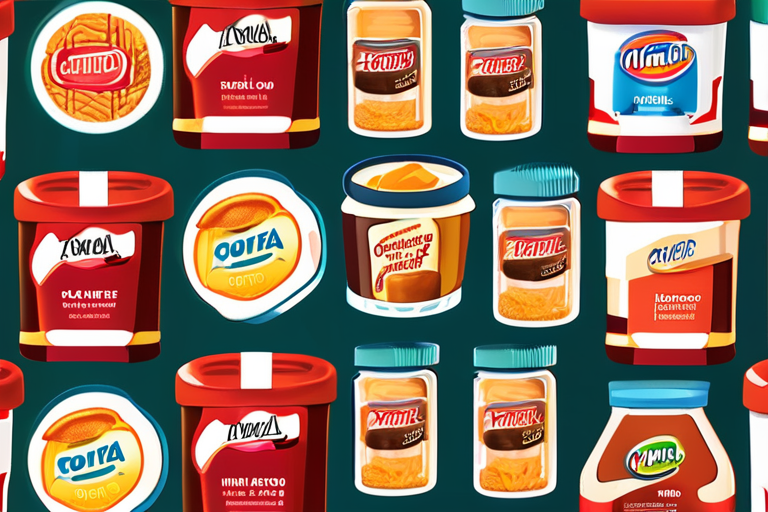


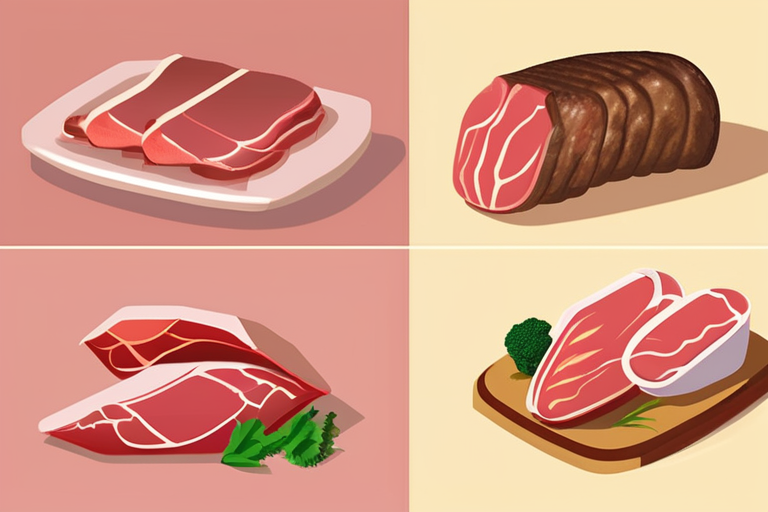



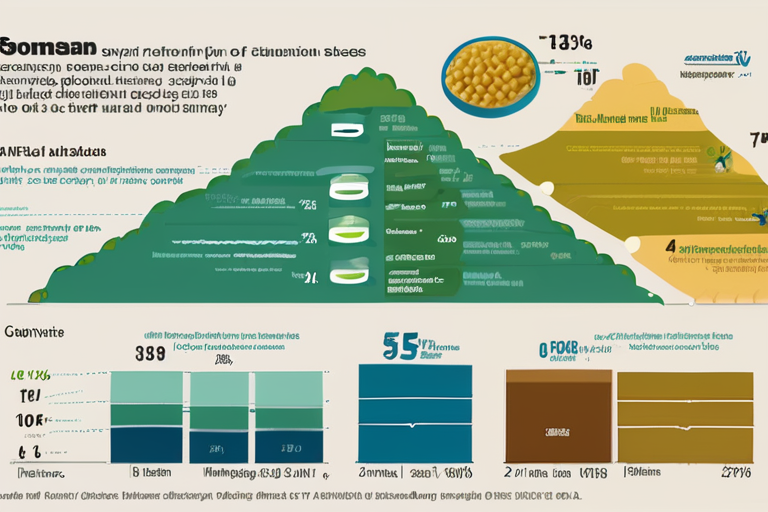
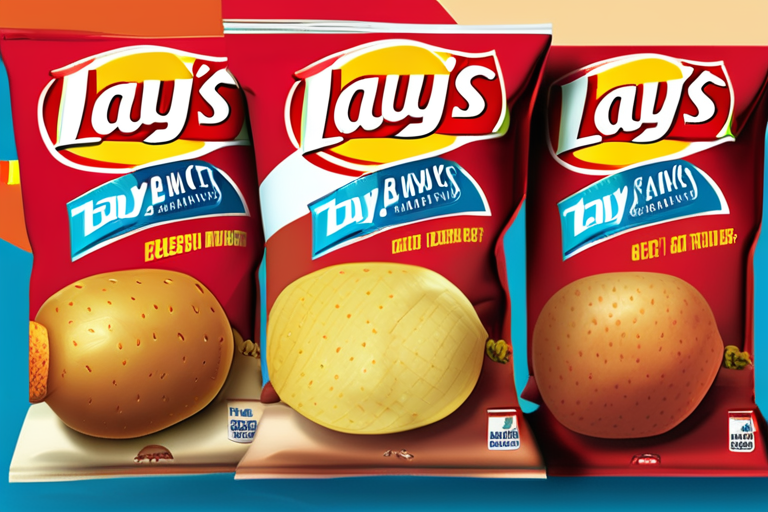










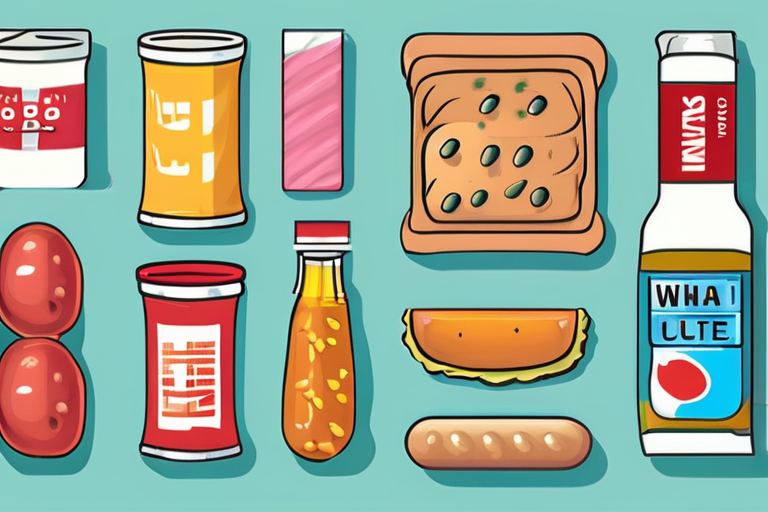






Share & Engage Share
Share this article